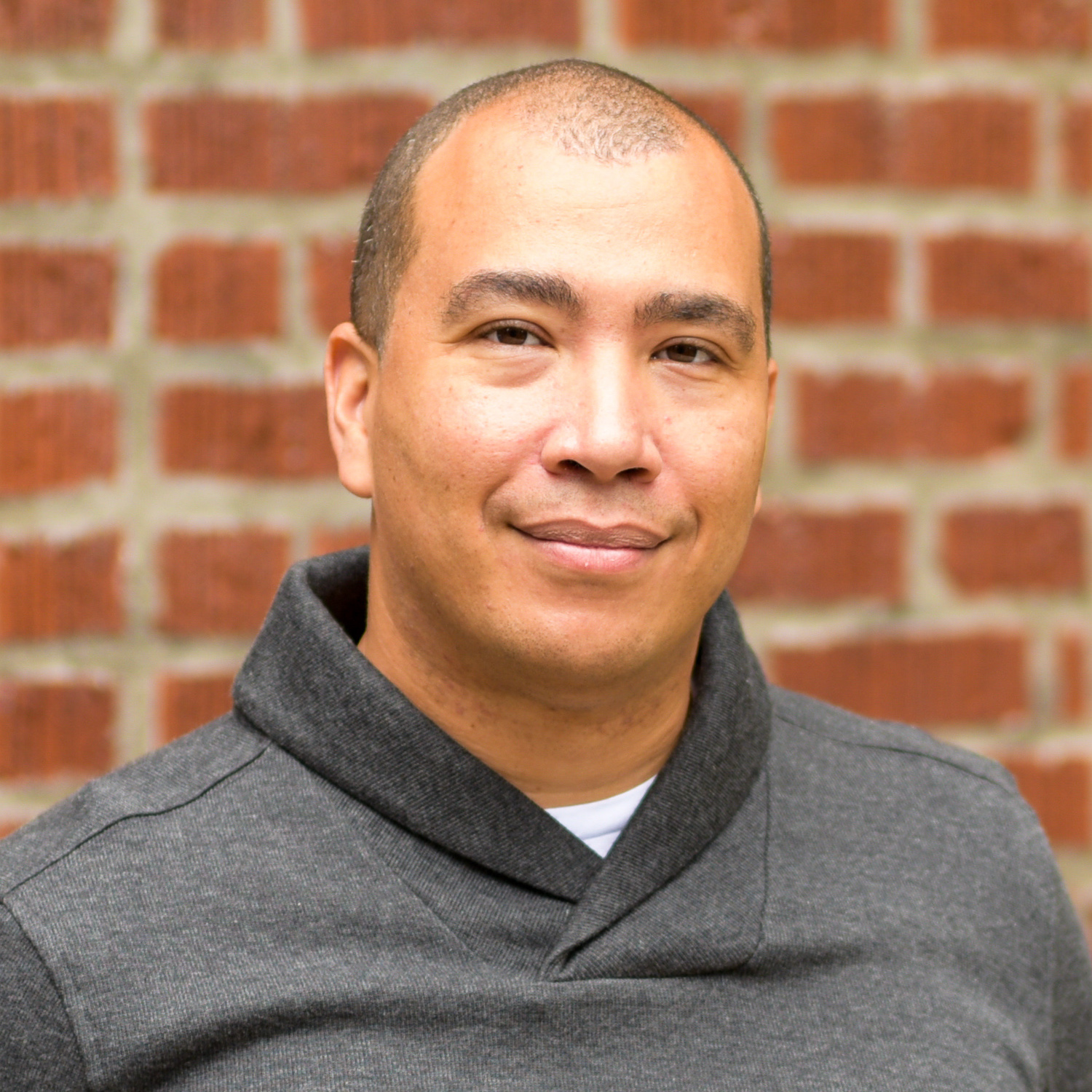Conversations on trust are difficult because they have moral and practical connotations. We sometimes mean trust in the practical way: I trust my car to start, the sun to rise, or my cappuccino to be good. Other times, we use trust in a moral way, as in the way I trust my neighbors not to give my house key to robbers or for my wife to tell me the truth—this use says more about character than anything else.
Let me give you an example. I had to have a tough conversation with a collaborator recently. We’d been in the natural storming phase of the relationship, but given the context of the relationship, I’d held off on expressing my frustration, disappointments, and expectations, hoping things would get better around the next bend.
But I’ve run this pattern so many times that I should know better. The situation never gets better until you have the conversations that make them better, and those conversations need to come sooner rather than later. If they don’t, one party ends up with a mountain of micro let-downs that eventually erupt into an uncontrollable stream of fire on the unexpecting party. Both parties are then left picking through a smoldering shell of a relationship where neither can take back what was said nor travel into the future without the residue of the eruption.
Underneath many of our tensions in relationships is the question, “Can I trust the other person?” But trust is a co-creative dynamic; in the absence of conversations, we assume trust between the parties. When we or the other person pretend trust, we do a disservice to the other part. (Tweet this.)
They don’t know they’re not maintaining trust. Thus the surprise and rawness when all is revealed.
Knowing conversations about trust are loaded reinforces the need to have them sooner rather than later. Some people anchor their identities around being reliable or professional — and often have their own inner battles with being reliable and professional — which means trust conversations can trigger questions about their integrity or mirror the head trash they’re already haunted by. It’s far easier to have conversations about communication and work patterns than ones about integrity and trust.
5 Tips for Trust Conversations
That’s why I recommend — and am trying to practice — having trust conversations sooner rather than later. Though I missed the pitch this time with my collaborator, I find the following guidelines really helpful in having conversations about trust:
- Remember. Remember trust fallouts almost always concern communication, not character. Since the issue is communication, it’s very much a two-way street.
- Repetition. Three occurrences of the same thing count as a pattern. Patterns of behavior should be addressed as soon as possible. This guideline allows for human slack without letting it go too far, as in cases of a major deadline or commitment. Those situations require immediate remedy. But so do patterns. If you see the first occurrence of one, have the conversation now, not later.
- Question. Start the conversation by asking what’s going on. Don’t assume you know. “Hey, the last three times you said you’d send me something, you didn’t. What’s going on?” is a much better start than assuming they don’t like you, aren’t trustworthy, don’t care, or so on. (I failed really hard on this one this time round.)
- In Person. Whenever possible, have trust conversations in person. Be careful about writing. The written word always comes out harsher than real-time conversations. This one is super hard because “we need to talk” leads to tense conversations, but surprising someone with a trust conversation can also lead to unhelpful defensiveness. But don’t assume people want to have a real-time conversation on the spot — introverts especially hate this. My suggestion is to ask people at the beginning of a relationship how they prefer to receive feedback.
- Open. Be open to criticism. Ask how you make it harder to maintain trust. Try to listen without rebutting and defending your position. That is, rather than pointing out how they’re wrong, consider that they’re right. See Rule #1.
Since I’ve paid the price for the “have the trust conversation sooner” lesson many times, I thought sharing my experience might be helpful to you. Plus, you can avoid the painful cost of trust fallout. What guidelines do you use to help facilitate trust conversations?
P.S. I do not intend for this to read as victim-blaming for the many people who have to feign safety for fear of physical or severe economic harm. It’s what some people have to do to live and eat.
Originally published at productiveflourishing.com


